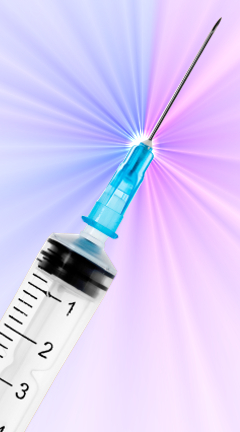Millions saved in vaccine age
 A global study has reviewed the global, life-saving impact of vaccines.
A global study has reviewed the global, life-saving impact of vaccines.
A study marking the 50th anniversary of the World Health Organization's Expanded Programme on Immunisation (EPI) reveals the massive global impact of vaccination efforts since 1974.
The EPI, established to combat critical diseases like smallpox and measles, has remarkably saved an estimated 154 million lives, predominantly among children under five years of age.
This extensive research, spearheaded by Associate Professor Andrew Shattock from Telethon Kids Institute and The University of Western Australia, not only underscores the progress made but also highlights the ongoing necessity of vaccinations in global health strategies.
With contributions from international experts, the findings provide a quantitative backbone to the successes of worldwide immunisation initiatives.
“We estimate that the EPI has provided the single greatest contribution to infant survival over the past 50 years,” says Associate Professor Shattock.
The data reveals a significant reduction in infant mortality, attributing about 40 per cent of this decline globally - and as much as 52 per cent in Africa - to effective vaccination programs.
One of the most striking outcomes from this study is the substantial extension of life resulting from prevented deaths; on average, each life saved translates to an additional 66 years of full health.
This equates to over 10 billion years of life gained through vaccinations administered under the EPI.
Furthermore, the research highlighted the immense impact of specific vaccines, such as those against measles, which accounted for 60 per cent of the total lives saved over the past five decades.
“Increased survival probability is observed even well into late adulthood,” says Dr Shattock.
The results of this study, poised for publication in The Lancet and released during the World Immunisation Week, affirm the critical role of vaccinations not only in saving lives but also in enhancing the quality of life across various age groups.
It stands as a testament to the collaborative efforts of countries worldwide and provides a data-driven basis for continued investment in vaccination programs.







 Print
Print

